Risk of stroke: 10 identified factors
Scientists have succeeded in quantifying the importance of potentially modifiable risk factors for stroke in various regions of the world. Stroke is a condition which rightly strikes fear into the hearts of most people. Following is a list of these factors, as well as some advice not included in the study.

Unsurprisingly, hypertension, smoking, lack of exercise and excess weight are all risk factors which particularly affect Western populations. In no particular order, here are the 10 factors identified by researchers in the Interstroke study as being collectively associated with almost 90% of the population-attributable risks (PAR) of stroke across the world (1):
- Hypertension
- Lack of physical activity
- Diet
- Excess weight
- Psychosocial factors (depression, stress, anxiety)
- Smoking
- Heart problems
- Alcohol consumption
- Diabetes mellitus
- Ratio of apoliprotein A to apoliprotein B.
It takes just a few minutes
A stroke is a condition in which the blood supply to part of the brain is cut off. It occurs when a blood vessel bursts or is suddenly obstructed by a blood clot. Thousands of cells become deprived of vital oxygen and nutrients. Just a few minutes is all it takes for them to die: and they do not regenerate. The larger the oxygen-deprived area, the greater the risk of significant after-effects. This is why stroke victims suffer difficulties with speech and memory, and varying degrees of paralysis. Only 1 in 10 fully recover.While there is still much to discover about the brain, the good news is it can, to some extent, adapt. When nerve cells receive sufficient stimulation, they can sometimes take over from oxygen-deprived cells.
Prevention is best
Given that it is so difficult to regain 100% of pre-stroke function, prevention is critical. The problem is that stroke is entirely unpredictable. As there are no warning signs, it’s vital to be aware of the 10 risk factors identified by the scientists in this Interstroke study. Public health campaigns repeat the same advice again and again - give up smoking, take up exercise, relearn healthy eating habits and eliminate day to day stress - but all too often, they fall on deaf ears. Sometimes it takes a minor scare – a mini-stroke - for a person to realise just how urgently they need to make changes to their lifestyle. Frequently, however, a stroke occurs out of the blue. Hypertension, a major risk factor but one which produces no visible symptoms, is often responsible.Key role of magnesium in circulation
There is another way of reducing risk of stroke which many people may be unaware of. Scientific research has shown that a diet rich in magnesium, and particularly, potassium, lowers blood pressure and helps prevent stroke (2,3). Potassium is found mainly in nuts, seeds, pulses and dark green leafy vegetables, consumption of which is unfortunately declining … Thus potassium supplementation may represent a good option for stroke prevention. According to the existing literature, around 75 mEq (close to 3.5g) a day is an appropriate dose for lowering your risk(4). For information, a normal adult’s needs vary between 40 and 80 mEq.Most people with a friend or relative who is a stroke victim admit they’re not afraid of dying from a stroke, but of surviving one because of its serious, life-changing consequences. Do we really need to experience stroke directly or indirectly before we grasp the importance of prevention?
SUPERSMART ADVICE
References
- O’Donnell MJ, Chin SL, Rangarajan S, et al. Global and regional effects of potentially modifiable risk factors associated with acute stroke in 32 countries (INTERSTROKE): a case-control study. The Lancet, 2016. Doi: 10.1016/S0140-6736(16)30506-2.
- Ding EL, Mozaffarian D. Optimal dietary habits for the prevention of stroke. Semin Neurol. 2006 Feb;26(1):11-23. Review.
- McCarron DA, Reusser ME. Are low intakes of calcium and potassium important causes of cardiovascular disease? Am J Hypertens 2001;14:206S-12S.
- Gennaro A. Remington: The Science and Practice of Pharmacy. 19th ed. Lippincott: Williams & Wilkins, 1996
Keywords
5 Days
Good quality product and customer service.
So far, I'm liking this product, and the customer service was very good.
ELZL
12 Days
The products I use are excel·lent
The products I use are excel·lent
ROSAS Josep Maria
20 Days
Delivery is prompt and I never saw a…
Delivery is prompt and I never saw a quality problem with the manufacturing. It is not possible to assess efficacy on a personal basis, since too many factors come into play. Efficacy can only be assessed statistically with a sufficient number of cases.
Roger De Backer
21 Days
I collaborates with the Supersmart…
I collaborates with the Supersmart more than 10 years. Every thing is going good. Quality of the things is good. Delivery comes in time. Five stars definitely !!!
Oleksiy
21 Days
All good
Simple, frictionless site, easy ordering, good delivery updates and execution.
Chris Robbins
23 Days
I feel better
I feel better
Peter Ammann
23 Days
Prompt delivery
Prompt delivery
JAKUB Radisch
25 Days
My new go-to for top quality supplements!
I am buying more and more of my supplements from this superb, high quality company. Cannot recommend it enough. Plus, excellent customer service with a quick, helpful team and speedy deliveries. Highly recommend Supersmart!
Cecilie H.
28 Days
SUPERSMART WHAT ELSE👍
SUPERSMART WHAT ELSE👍
DIEDERLE Christophe
31 Days
Excellent quality products with…
Excellent quality products with innovative formulas, as someone who has been suffering with acid reflux, these supplements have been lifesavers.
Oriana Moniz
31 Days
high quality supplement!
high quality supplement!
GALANT
32 Days
Good service prompt delivery
Good service prompt delivery
Mrs Marcella Reeves
37 Days
I like your clear explanation
I like your clear explanation. And how to make a choice of products for a specific health problem
Ingrid
43 Days
Great product and it arrives quickly.
Great product and it arrives quickly.
SOMMARIVA Gianni
44 Days
Excellent products and fast service.
Excellent products and fast service. What do we need more?
Margarida

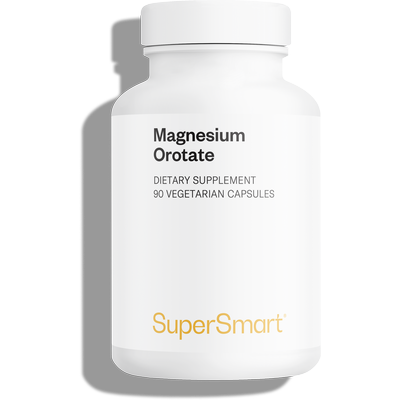
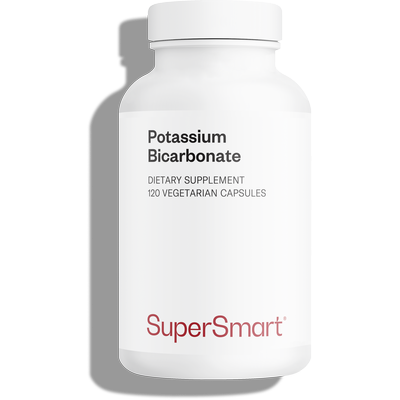
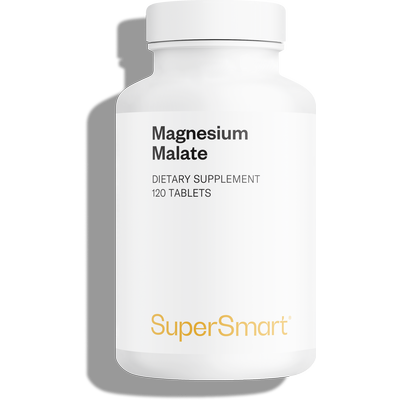
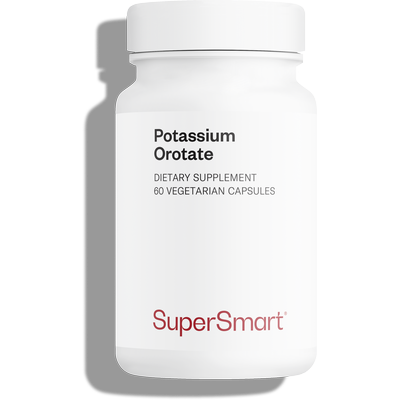
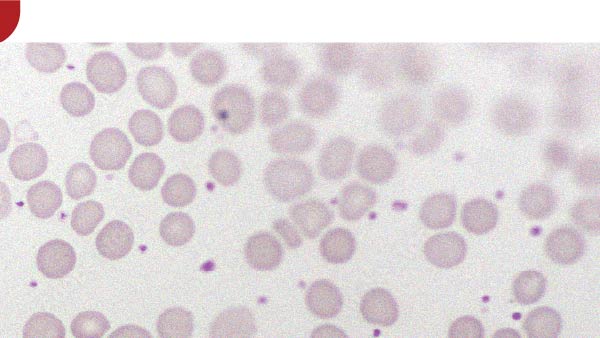

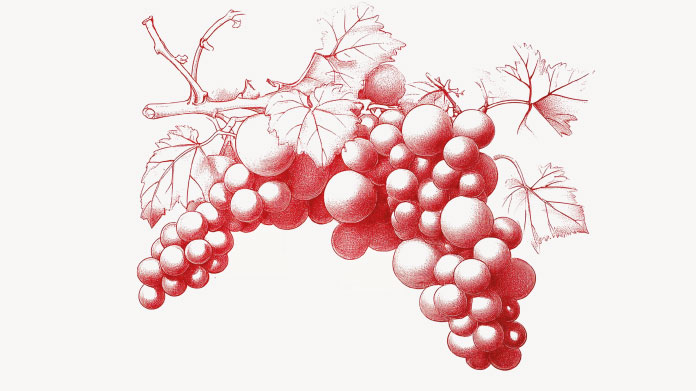
Ramin H.
17/11/2022
Thanks for the article!